The stigma hides real health and social benefits beneath the hype.

Cannabis might be everywhere these days, but the conversation around it often stays frustratingly shallow. Edibles, CBD oils, or jokes about getting high overshadow genuine breakthroughs in health, social justice, and sustainability. When cannabis is discussed seriously, it’s usually narrowed to either medicinal value or economic potential—both important, but only part of the full picture. There’s so much more going on beneath the surface.
Beyond stereotypes and trends, cannabis is quietly making strides that genuinely affect people’s lives. From reducing chronic pain and anxiety to challenging outdated drug laws, the plant’s impact stretches across health care, environmental solutions, and even economic empowerment. Cannabis isn’t just a trendy product—it’s becoming a force for real change. These 11 reasons make it clear why the plant deserves a deeper look, beyond the buzz and into the realities of everyday life.
1. It’s providing relief when conventional medicine falls short.

Cannabis is often a last resort when standard treatments fail, but for many, it quickly becomes essential. As noted by the National Academies of Sciences, Engineering, and Medicine, cannabis can effectively manage chronic pain, chemotherapy-induced nausea, and symptoms of multiple sclerosis. While opioids come with heavy risks, cannabis provides similar relief without the same addictive dangers.
For conditions like multiple sclerosis or arthritis, cannabis reduces inflammation and eases symptoms, helping people regain mobility and quality of life. Many who struggled with traditional medicine’s side effects find comfort in cannabis’s gentler approach.
This isn’t about chasing a high—it’s about reclaiming everyday functioning when other options fall short. Cannabis doesn’t replace conventional medicine completely, but it fills crucial gaps that traditional approaches often overlook.
2. Fewer opioids, fewer overdoses—there’s hope on the horizon.

As communities grapple with devastating opioid addiction and overdose rates, cannabis has emerged as an unexpected but powerful ally. Studies consistently show that areas with legal cannabis access experience noticeable declines in opioid-related overdoses and prescriptions. Unlike opioids, cannabis carries far fewer risks of dependency and doesn’t lead to the deadly outcomes common with stronger drugs.
This role goes beyond pain management—it directly addresses addiction and the public health crisis opioids have caused. The U.S. Department of Health and Human Services emphasizes that harm reduction strategies, which include safer alternatives to high-risk substances, are essential to lowering overdose deaths and supporting public health. Embracing this approach opens the door to community healing, reducing stigma, and building more compassionate responses to addiction beyond the limits of traditional punishment-based systems.
3. It’s challenging outdated and unjust drug laws.
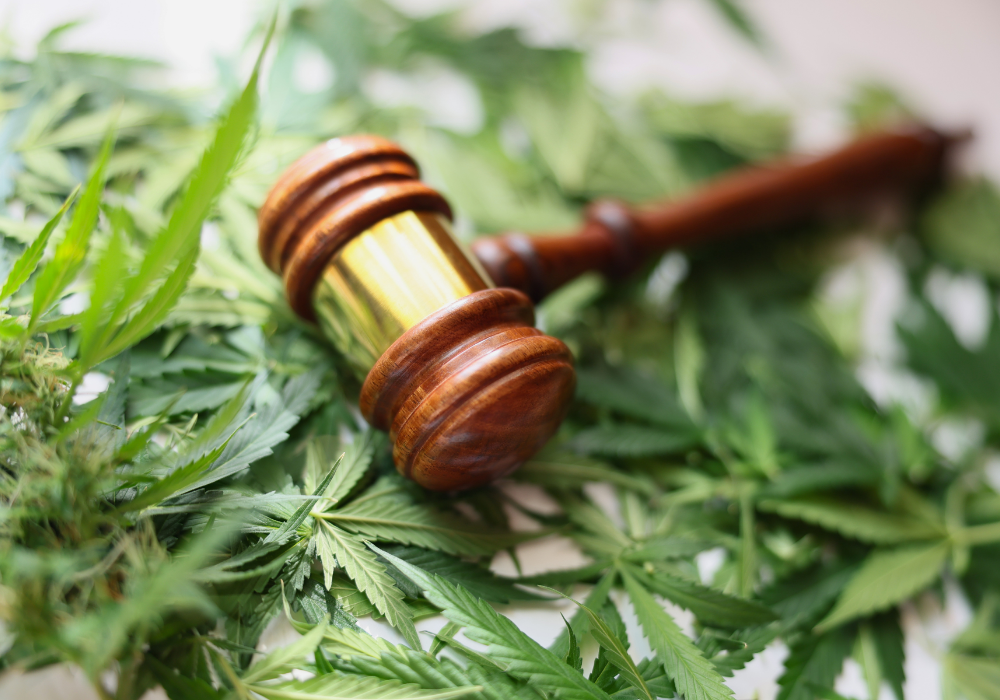
The push to legalize cannabis goes deeper than easy access or business opportunities. It’s forcing society to reckon with decades of unjust drug policies. Historically, cannabis laws disproportionately criminalized communities of color, filling prisons with nonviolent offenders whose lives were forever impacted.
The ACLU‘s Charlotte Resing points out that legalization efforts must include expunging criminal records and reinvesting in communities harmed by the war on drugs to truly deliver racial justice. Cannabis reform opens doors to larger discussions around criminal justice reform, racial equality, and restoring rights. It’s a critical step toward undoing generations of damage caused by misguided laws and policies.
4. Mental health treatment is getting a promising new tool.

While cannabis research is ongoing, early studies and patient experiences show significant promise for mental health conditions like anxiety, PTSD, and depression. Unlike some psychiatric medications that come with severe side effects, cannabis—especially specific cannabinoids like CBD—can offer gentle, effective relief.
Veterans experiencing PTSD, for instance, have increasingly turned to cannabis as an alternative to traditional medications that often leave them feeling numb or disconnected. For people living with anxiety disorders, controlled cannabis use helps manage stress and regain daily function. It’s not a magical cure, but cannabis is quickly becoming a valuable tool in mental health care, offering another option for those who’ve struggled with mainstream approaches.
5. Cannabis is pushing scientific research forward.
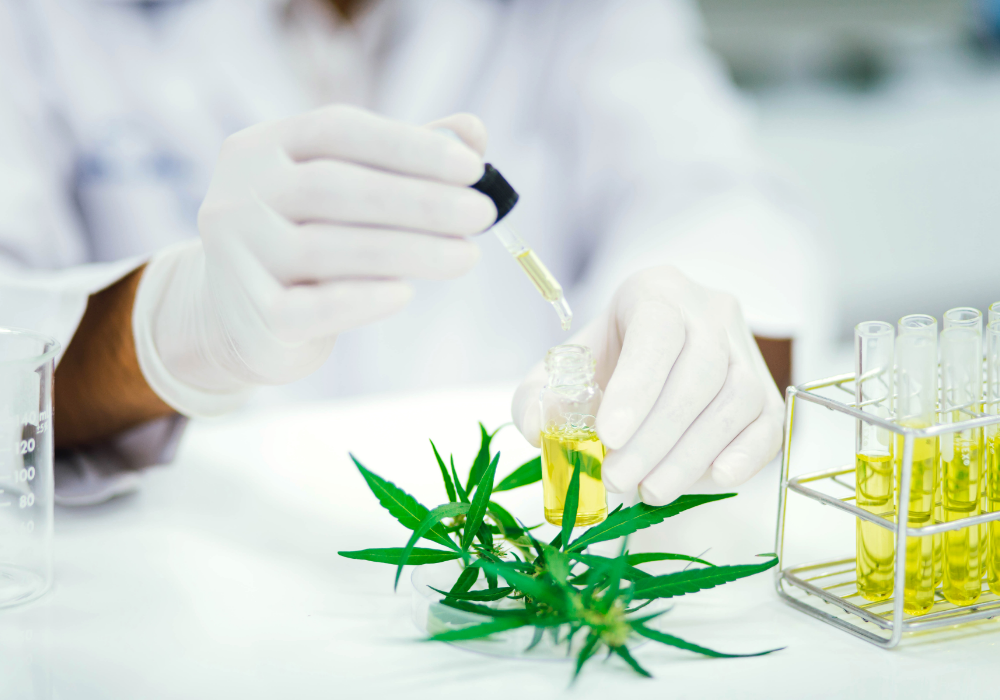
Because of longstanding stigma and restrictive policies, cannabis was largely sidelined in medical and scientific research for decades. Now, legalization and cultural acceptance are driving a research boom. Scientists are exploring everything from cannabis’s impact on chronic diseases to its potential neuroprotective properties, expanding medical understanding far beyond simple symptom relief. This research is helping doctors better understand human biology, pain management, inflammation, and even the workings of our own endocannabinoid system.
Cannabis isn’t just inspiring discoveries within its own realm—it’s pushing science into entirely new territories. What we learn from cannabis today may shape treatments and innovations in medicine for generations to come.
6. It’s transforming how society views wellness.
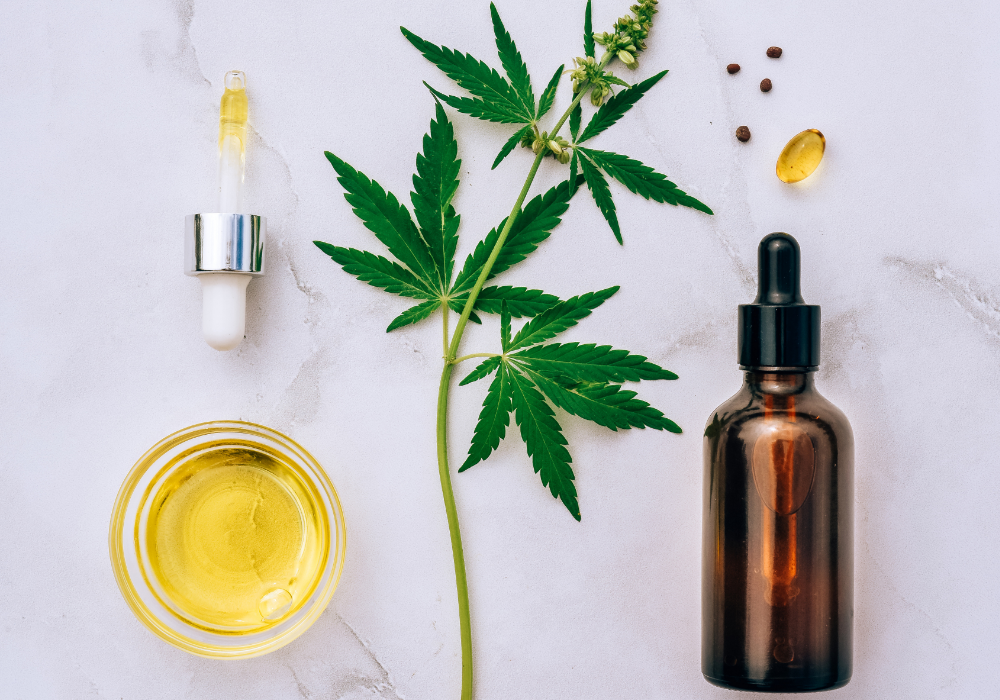
Cannabis’s growing acceptance marks a broader cultural shift in how people think about health and wellness. Instead of chasing harsh pharmaceuticals or invasive treatments first, many now view plant-based therapies as legitimate, safe options. This change signals a deeper willingness to question conventional wisdom and embrace a more holistic view of health.
Products like CBD oils, cannabis-infused creams, and edibles designed for microdosing reflect this new openness. Wellness routines now prioritize balance and quality of life rather than solely focusing on symptom management. By challenging old prejudices, cannabis is reshaping ideas around self-care, stress relief, and even preventative health strategies, paving the way for more inclusive, nuanced approaches to overall well-being.
7. Cannabis farming offers surprising environmental solutions.
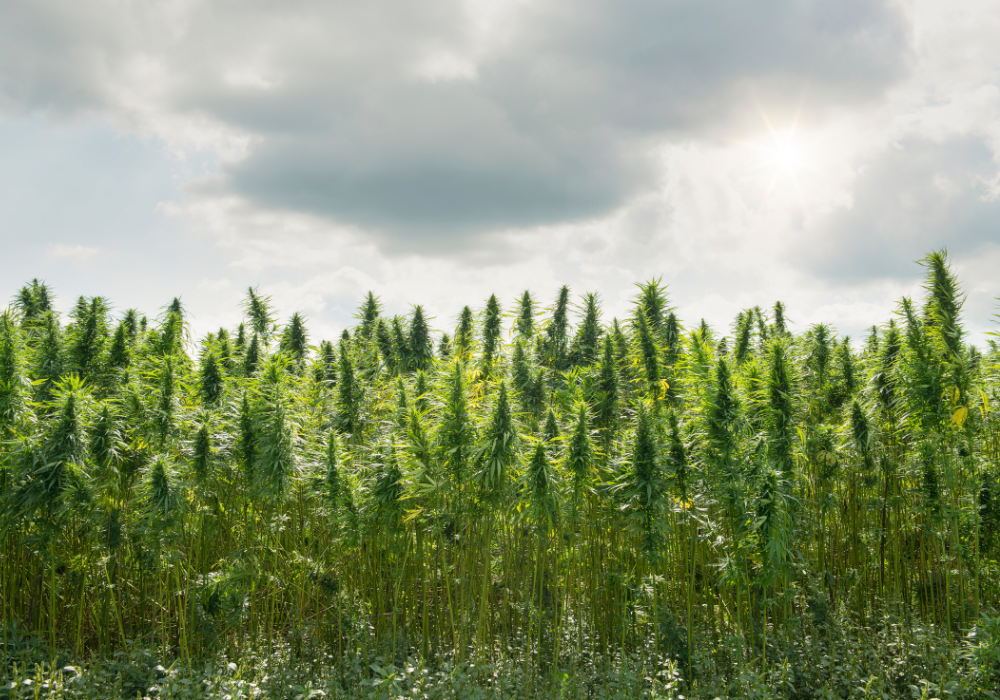
Beyond its health and wellness uses, cannabis has real potential as a sustainable agricultural crop. Hemp, a variety of cannabis, grows quickly and needs fewer resources than cotton or traditional lumber crops. It’s highly effective at absorbing carbon dioxide and restoring nutrients to depleted soils, making it a valuable tool for regenerative agriculture.
Farmers facing drought conditions find hemp especially appealing because of its lower water requirements. With widespread cultivation, cannabis could help reduce reliance on resource-intensive crops, slowing deforestation and soil erosion.
From biodegradable packaging materials to eco-friendly textiles, the plant’s versatility is reshaping sustainable industries. While it’s not a magic fix, cannabis farming represents a genuine step toward more responsible, environmentally conscious agriculture—far beyond what most people imagine when they think of the plant.
8. Legalization boosts local economies and small businesses.
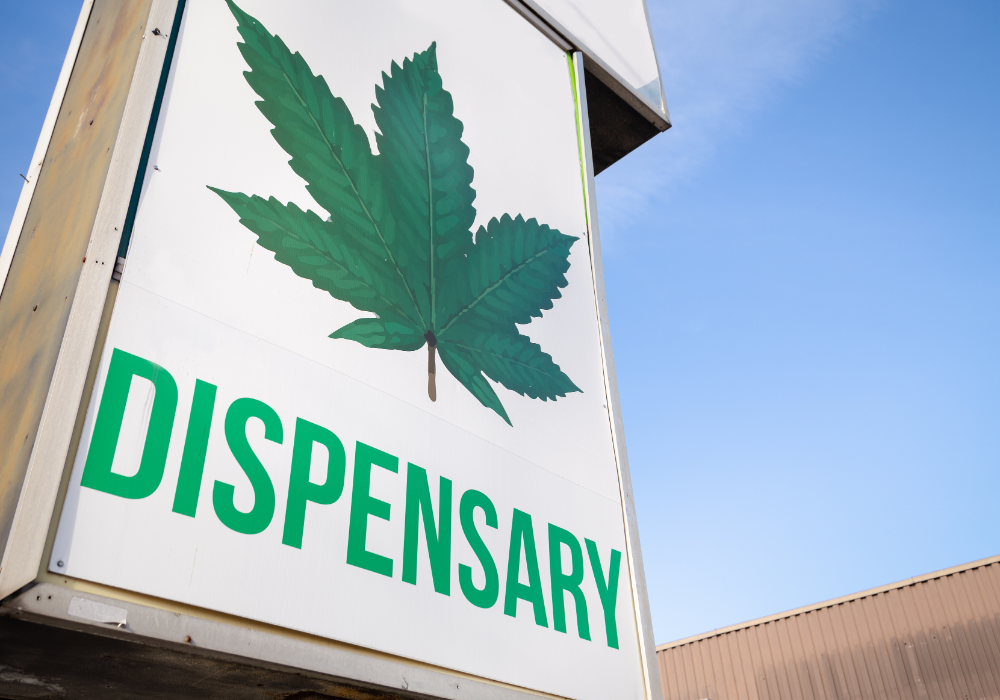
When states legalize cannabis, new economic opportunities spring up almost overnight. From dispensaries to edibles manufacturers, cannabis businesses bring jobs and tax revenue to local communities. In places hit hard by economic downturns, this industry can provide critical financial stability and new paths for entrepreneurship.
Legalization also allows for greater oversight and regulation, keeping revenue in local economies rather than in illicit markets. Small farmers and family-run operations gain opportunities to compete, especially in markets that prioritize equity and fair practices. With smart regulation and a focus on local ownership, cannabis can help revive struggling towns and neighborhoods. Far from just creating a trendy product, legalization can become a lifeline, reshaping communities and economies in meaningful, lasting ways.
9. Cannabis is quietly fueling criminal justice reform.

Cannabis legalization doesn’t stop at recreational use—it’s often a first step toward broader criminal justice reform. Decades of prohibition disproportionately targeted minority communities, fueling mass incarceration with harsh, unjust sentences. Legalization efforts increasingly include expunging past convictions and releasing people serving sentences for nonviolent cannabis offenses.
These reforms help rectify systemic injustices, allowing affected individuals to rebuild their lives and regain opportunities lost to incarceration. Cannabis legalization becomes a catalyst, pushing discussions around sentencing laws, policing practices, and racial equity to the forefront. Rather than simply opening up new consumer markets, legalization can drive structural change, confronting historical wrongs head-on and sparking deeper conversations about fairness and justice in America’s legal system.
10. Chronic pain sufferers are discovering relief without dangerous trade-offs.

For decades, chronic pain sufferers faced limited options, often relying on medications that carry significant side effects or risks. Today, cannabis offers a gentler, effective alternative that’s changing the landscape of pain management. Patients with arthritis, fibromyalgia, nerve damage, and similar conditions are increasingly turning to cannabis-based treatments to alleviate persistent pain without the severe side effects typical of traditional pharmaceuticals.
Doctors, once hesitant, are beginning to recommend cannabis more frequently, acknowledging its effectiveness and relatively mild side-effect profile. This shift means fewer people feel forced to endure chronic pain without relief, and fewer still feel pushed toward dangerous or ineffective treatments. Cannabis isn’t just another option—it’s inspiring a new approach in healthcare, one that treats chronic pain sufferers with dignity, respect, and genuine relief.
11. Cannabis legalization sparks honest, open dialogue.

One unexpected benefit of cannabis legalization is how it encourages honest conversations around previously taboo topics. From mental health and addiction to racial justice and economic inequality, cannabis acts as a gateway to deeper discussions society has avoided for too long.
Legalization removes stigma, prompting families, healthcare providers, and communities to talk openly about substance use, wellness, and social justice. Instead of moral panic, there’s nuance and education. Parents discuss safe, responsible choices with their kids, doctors communicate more openly with patients, and communities grapple honestly with policy issues.
Rather than hiding behind outdated fears, people are finally engaging in transparent dialogues. Cannabis may seem like a small topic, but it’s sparking the big conversations we’ve always needed—conversations that ultimately lead to more informed, compassionate, and effective solutions.
